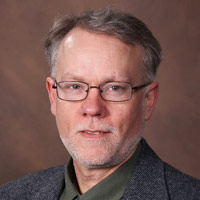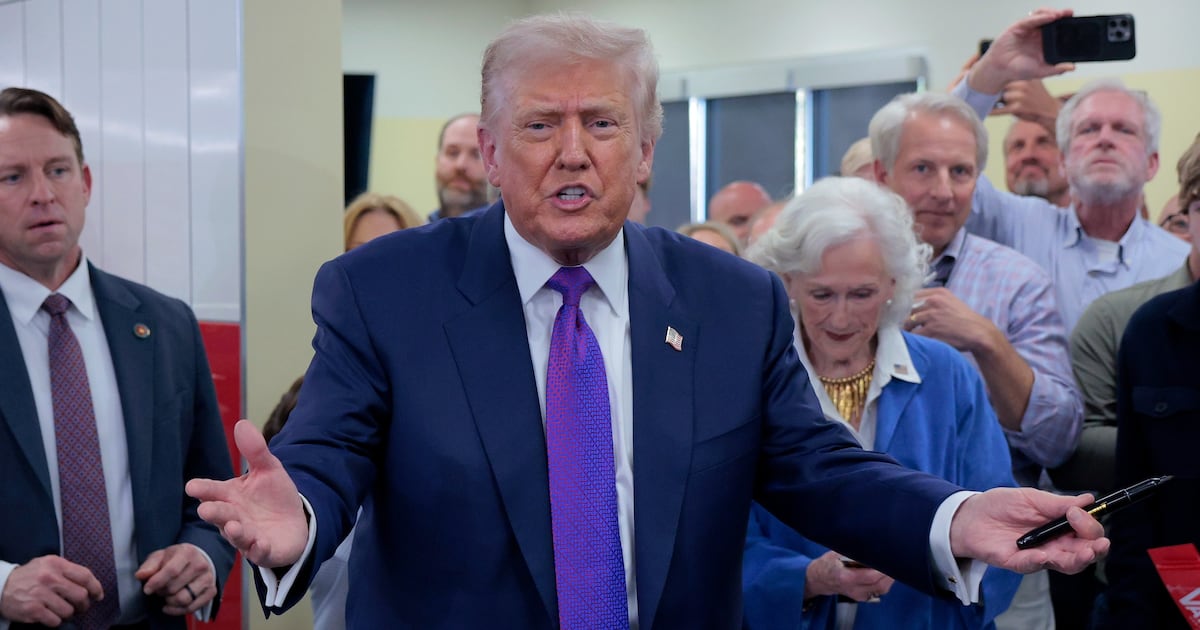Lincoln at Gettysburg. Few images in American history run deeper in the national memory than that of the tall martyr president dedicating the cemetery for the honored dead of the Civil War’s greatest battle. In our post-heroic era, depictions of the awestruck crowd and transcendent president on November 19, 1863, seem irretrievably remote, but the truth behind that image shouldn’t lost beneath all the tradition, homily, and trivia.
For Lincoln, getting to the speech—as a statement of ideas and as an event—was both an intellectual and physical journey. The president began to compose his words in Washington with one set of ideas, incorporated in the draft of the speech that he took with him when he left the White House. Yet by the time he stood on the platform at Gettysburg a day later, he had experienced for the first time the battlefield and the little town in the grip of patriotic celebration of loyalty and commemoration. And he had deeply felt the solemn funeral rites for more than 3,000 heroes.
Upon returning to his quarters to review his manuscript after touring the battlefield on the morning of his speech and visiting the site where his “gallant and brave friend, Gen Reynolds,” had died, Lincoln initiated an unexpected revision. The changes to the text he had prepared the night before brought a new vision to his speech, including a wholly new second page incorporating a more assertive sense of dedication. He also underlined one key word on the first page that he had retained from the draft he had brought from Washington: “The world will little note, nor long remember, what we say here; while it can never forget what they did here.” Then, on the speaker’s platform, Lincoln’s commitment to the cause and to the sacrifices of soldiers like his friend Reynolds moved him to pronounce those words with such feeling that many listeners were brought to tears, difficult as that might be to believe in a post-heroic world.
The same powerful emotional impulse prompted him to add the words “under God” to his speech when they are not found in his written delivery text. (Because of him, “under God” is incorporated in the Pledge of Allegiance today.) Over the days of writing and revision, he had found the words and come to a text that proclaimed his own dedication to the survival of the democratic government with freedom and equal rights for all, the “new birth of freedom.” Here on the platform, to safeguard and assure the highest ideals he held, Lincoln reached for the highest authority he could envision. It was the culminating change to his written words while speaking, Lincoln’s final creative impulse of that moment of power and truth at Gettysburg, an act that both reaffirmed and radically redefined the work of the Founding Fathers.
At first only some of those who witnessed and participated in the day expressed a sense of the emotional power of the scenes that unfolded before them. Over time, the legend grew in schoolrooms, from pulpits, and in the pages of the daily press. Even a century later, it was continued from the steps of Lincoln’s temple by a prophet named King who still had a dream. But it began in a historical event whose reality resides in the details and trivia of a moment. The Gettysburg Address made the battlefield and the cemetery into landmarks of American memory, but it was Lincoln’s own journey to Gettysburg that made the Gettysburg Address.





